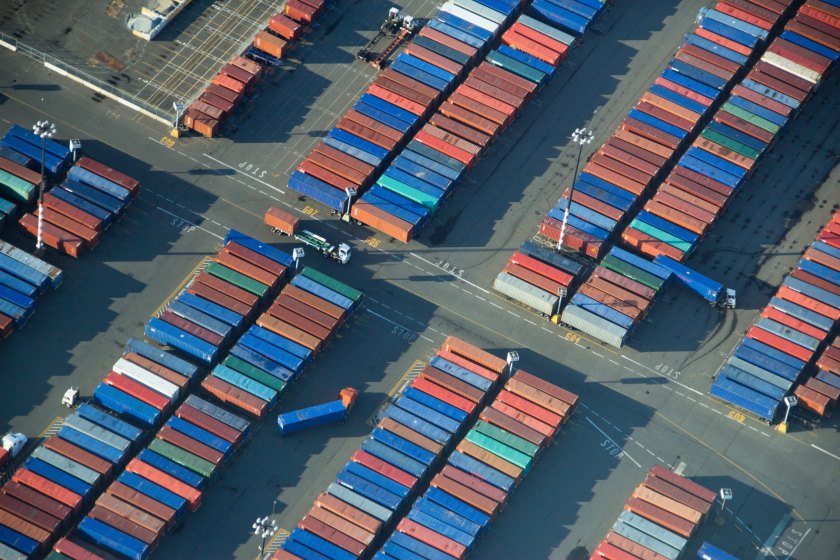
A better cost environment and resilient demand are supporting the outlook for global pork markets, but risks remain, a new report has warned.
Lower feed costs will support farming expansion, Rabobank said, and pork consumption in the second half of 2024 should improve due to seasonal demand.
However, disease pressures and trade vulnerabilities – including China’s antidumping probe into EU pork imports – remain risk factors, the multinational banking group warned.
In June, China launched an antidumping probe into EU pork imports, with the outcome of the investigation having the potential to impact the EU market and cause a ripple effect across the global market.
Chenjun Pan, senior analyst at Rabobank, said a suspension of EU exports or high tariffs could mean global pork trade flows are rerouted as China finds new origins and EU exports flow to other regions.
"If EU exporters offer discounts to capture new markets, importing countries may need to support and protect local producers," she explained.
"Meanwhile, other exporting countries may find their traditional trade partners shift to cheaper EU pork products.”
Furthermore, the US-China trade war, which started in 2018, has already altered global pork trade, Rabobank said in its report.
The United States lost competitiveness with China due to its higher tariffs, with Brazil as the largest beneficiary.
The upcoming US presidential election could bring changes in US trade policy and uncertainty to global trade patterns over the coming years.
Ms Pan said: “With rising concerns over trade disruptions given these geopolitical complexities, many governments have supported improvements in domestic production to increase self-sufficiency and reduce reliance on imports.
"Ample global supplies of grains and oilseeds should pressure feed prices in the second half of the year. This will continue to benefit producers and encourage herd expansion.
"Earlier supply contraction and lower feed costs in most regions have improved farming profitability, along with productivity gains.
"Producers in some regions have started to rebuild sow herds, anticipating declining feed prices and growing demand.”
The report said that some countries, such as China, Vietnam, and Philippines, will see tight pork supply in the second half of 2024 due to disease outbreaks.
Other regions, including the European Union and the United States, will likely see pork supply increase slightly.
“Sow herd recovery will likely be faster than expected, especially in the EU and China,” explained Ms Pan.
“Productivity gains will continue despite recurrent disease issues in some regions.”
